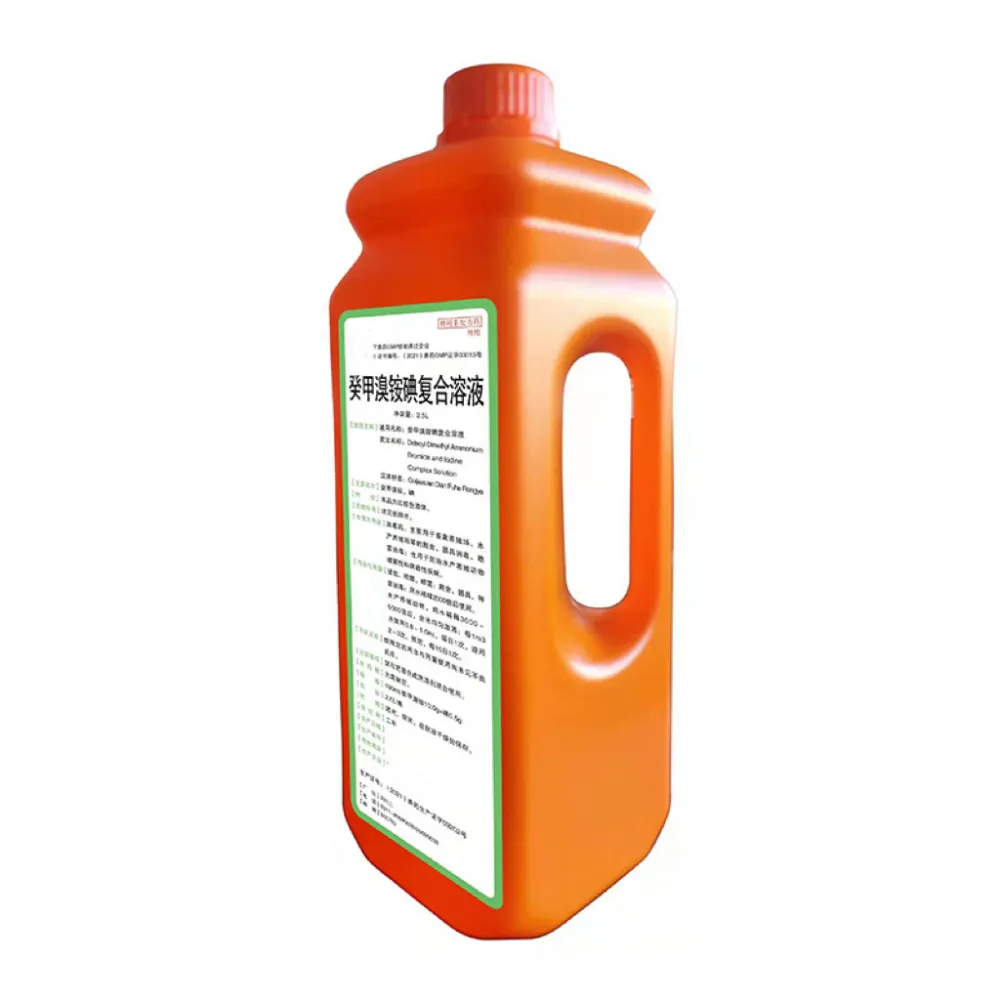- Afrikaans
- Albanian
- Amharic
- Arabic
- Armenian
- Azerbaijani
- Basque
- Belarusian
- Bengali
- Bosnian
- Bulgarian
- Catalan
- Cebuano
- Corsican
- Croatian
- Czech
- Danish
- Dutch
- English
- Esperanto
- Estonian
- Finnish
- French
- Frisian
- Galician
- Georgian
- German
- Greek
- Gujarati
- Haitian Creole
- hausa
- hawaiian
- Hebrew
- Hindi
- Miao
- Hungarian
- Icelandic
- igbo
- Indonesian
- irish
- Italian
- Japanese
- Javanese
- Kannada
- kazakh
- Khmer
- Rwandese
- Korean
- Kurdish
- Kyrgyz
- Lao
- Latin
- Latvian
- Lithuanian
- Luxembourgish
- Macedonian
- Malgashi
- Malay
- Malayalam
- Maltese
- Maori
- Marathi
- Mongolian
- Myanmar
- Nepali
- Norwegian
- Norwegian
- Occitan
- Pashto
- Persian
- Polish
- Portuguese
- Punjabi
- Romanian
- Russian
- Samoan
- Scottish Gaelic
- Serbian
- Sesotho
- Shona
- Sindhi
- Sinhala
- Slovak
- Slovenian
- Somali
- Spanish
- Sundanese
- Swahili
- Swedish
- Tagalog
- Tajik
- Tamil
- Tatar
- Telugu
- Thai
- Turkish
- Turkmen
- Ukrainian
- Urdu
- Uighur
- Uzbek
- Vietnamese
- Welsh
- Bantu
- Yiddish
- Yoruba
- Zulu
Dec . 12, 2024 01:46 Back to list
ivermectin injectable dose for goats
Ivermectin Injectable Dose for Goats
Ivermectin is a widely used antiparasitic agent that has proven effective against a range of internal and external parasites in various livestock species, including goats. As a member of the avermectin family, this medication has become a staple in veterinary medicine, particularly in the management of parasitic infections in small ruminants. However, it is crucial for goat owners and veterinarians to understand the appropriate dosages, administration methods, and safety concerns associated with the injectable form of ivermectin for goats.
Understanding Ivermectin
Ivermectin works by interfering with the nervous and muscular functions of parasites, leading to paralysis and eventual death. It is effective against a broad spectrum of parasites, including gastrointestinal worms, lungworms, and ectoparasites like lice and mites. The injectable form of ivermectin is particularly useful for treating infestations when oral administration is not feasible, such as in cases of severe diarrhea or other gastrointestinal disturbances.
Recommended Dosage
The generally recommended dosage of ivermectin injectable for goats is 0.2 mg/kg body weight. This dosage is effective against the various parasites commonly found in goats, including Haemonchus contortus, Ostertagia spp., and mites. It is crucial for goat owners to accurately weigh their animals to ensure the correct dosage is administered.
For example, if you have a goat that weighs 50 kg, the calculation for the appropriate dose would be
\[ \text{Dose (mg)} = 0.2 \text{ mg/kg} \times 50 \text{ kg} = 10 \text{ mg} \]
Depending on the concentration of the ivermectin injectable product being used (commonly 1% or 10 mg/ml), this would equate to 1 ml of the injectable solution.
Administration Guidelines
ivermectin injectable dose for goats

Ivermectin should be administered subcutaneously (under the skin) in the neck region or in the other recommended areas such as the shoulder. It is essential to follow proper injection techniques to minimize discomfort and the risk of infection. When administering ivermectin, it is advisable to use a clean needle and syringe. Ensure that the injection site is cleaned with an alcohol swab to prevent any potential contamination.
If you are treating a herd of goats, it can be efficient to use a multi-dose syringe or vaccinator. Be sure to change the needle frequently to maintain cleanliness and prevent the spread of infections.
Safety and Side Effects
Ivermectin is generally considered safe for goats when used at recommended doses. However, like all medications, it may cause side effects in some animals. Common side effects include transient swelling at the injection site, lethargy, or mild gastrointestinal upset. Severe reactions are rare but may occur; thus, monitoring the goat for any adverse reactions post-administration is advisable.
It’s also critical to be aware of any potential drug interactions. Ivermectin should not be used in conjunction with other antiparasitic drugs without consulting a veterinarian, as this could increase the risk of toxicity or reduce the effectiveness of treatment.
Withdrawal Times
For those raising goats for milk or meat production, it is vital to consider withdrawal times. After administering ivermectin, there are recommended withdrawal periods before the products can be consumed by humans. Generally, the meat withdrawal time is around 28 days, while for milk, it is recommended to wait at least 60 days. Following these guidelines is essential to ensure food safety and regulatory compliance.
Conclusion
Ivermectin injectable is an effective treatment option for controlling parasitic infections in goats, providing significant benefits to livestock health and productivity. Understanding the appropriate dosing and administration of this medication ensures its effectiveness and minimizes potential risks. As always, it is advisable to consult a veterinarian before starting any treatment regimen, especially in cases of heavy infestations or when dealing with pregnant or nursing animals. Through careful management and proactive health measures, goat owners can help maintain the well-being of their herds and enhance their overall productivity.
-
Guide to Oxytetracycline Injection
NewsMar.27,2025
-
Guide to Colistin Sulphate
NewsMar.27,2025
-
Gentamicin Sulfate: Uses, Price, And Key Information
NewsMar.27,2025
-
Enrofloxacin Injection: Uses, Price, And Supplier Information
NewsMar.27,2025
-
Dexamethasone Sodium Phosphate Injection: Uses, Price, And Key Information
NewsMar.27,2025
-
Albendazole Tablet: Uses, Dosage, Cost, And Key Information
NewsMar.27,2025













